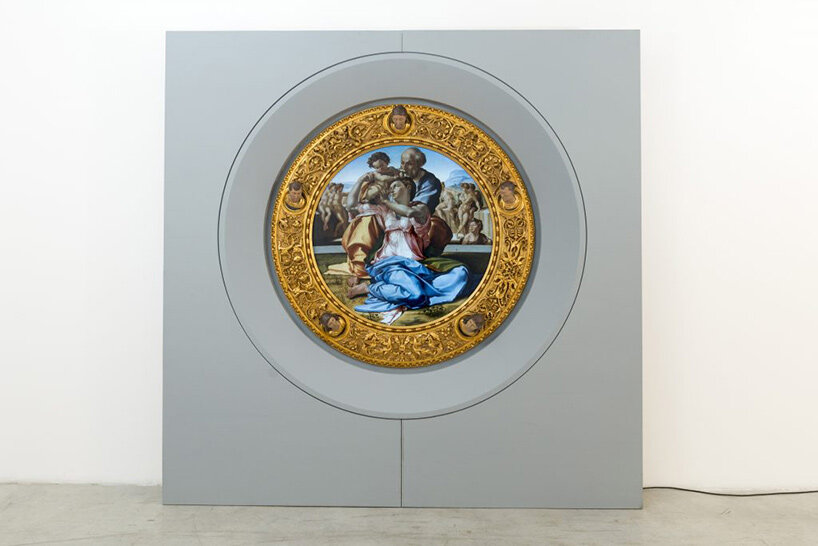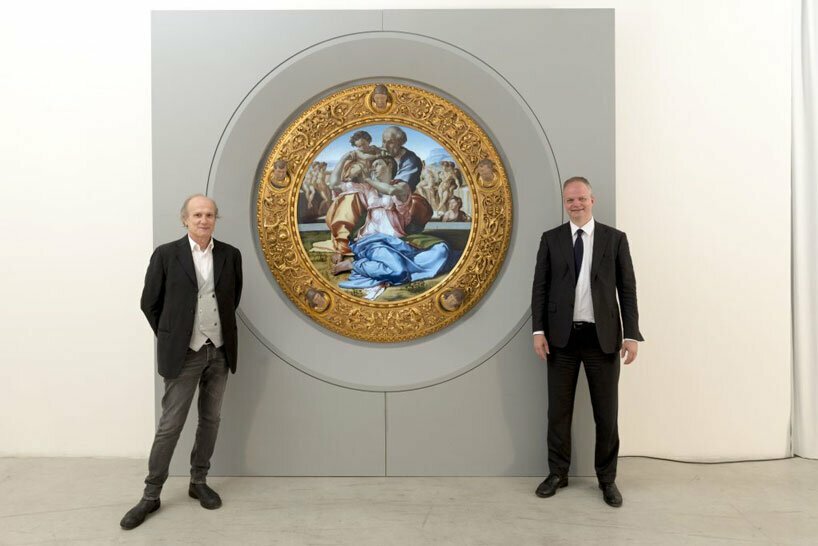Italy bans NFT sale of museums to protect their cultural heritage
Italy protects its museums from NFT fraud
The Italian government aims to stop digital art sales from museums to protect the country’s cultural heritage from NFT fraud. This decree is a reaction to the recent sale of € 240,000 of an NFT of Michelangelo’s works, from which the Florence – based art gallery Uffizi received only € 70,000. The country’s ministry responsible for regulating the Italian museums has asked institutions to stop agreements with NFT suppliers.
The decision to stop contracts with NFT companies came after the sale of Michelangelo’s Doni Tondo NFT from the Uffizi Gallery last year. The sale was directed by the Milan-based technology company Cinello, as part of a five-year contract to digitize works of art from the museum’s collection. The gallery received less than a third of the award, although they have agreed on a fifty percent share – as a spokesman for Cinello told Art Newspaper. The technology company charged so much in fees that the museum only received € 70,000. The works were produced in volumes of nine, with a price between € 100,000 and € 250,000 each.

Michelangelos Doni Tondo (1505-06) | with permission from the Uffizi Gallery
Who owns Michelangelo’s Doni Tondo?
NFT was originally conceived as a combination of a digital and physical work of art. A screen displays the copy of the work within a wooden copy of the original frame. Following the sale, the Italian newspaper La Repubblica asked a series of questions that created a public debate about the ownership of the digital rights of Michelangelo’s Doni Tondo. Uffizi’s director, Eike Schmidt, has revealed that the museum had not done sufficient due diligence when it came to structuring the agreement around NFT.
“It is essential to inform yourself not only from a technical point of view but also from a legal point of view,” he remarked. “Some platforms where you register ownership may not provide adequate guarantees and you risk losing everything,” he continued. That said, buyers of digital copies of iconic masterpieces from the Uffizi collection can theoretically exhibit and control the works of art in augmented and virtual realities. This can undoubtedly harm institutions by losing control of the works they sell from their own collection.
On the contrary, Cinello states that all rights to the work remain with the museum. According to them, the goal is not to spread Italian heritage around the world, but to support the museum and raise income to raise “the means necessary to protect, preserve and maintain the originals in the collection.”
Besides Uffizi (see more here), the technology company (more here) is currently working on 10 other Italian museums, including the Museo di Palazzo Pretorio and the Pinacoteca di Brera di Milano. However, the company has not responded if they will continue to offer and implement similar NFT agreements. Apart from Cinello, other companies within LaCollection have also announced similar collaborations with the British Museum, the Museum of Fine Arts in Boston, the State Hermitage Museum in Saint Petersburg and the Belvedere Museum in Vienna. The latter digitized and fractionalized a picture of Gustav Klimt’s famous painting The Kiss, as a series of 10,000 NFTs, each priced at around € 1,939.
via Artnet

Cinello founder and CEO Franco Losi (left) and Uffizi CEO Eike Schmidt (right)
christina petridou I design boom
July 12, 2022


